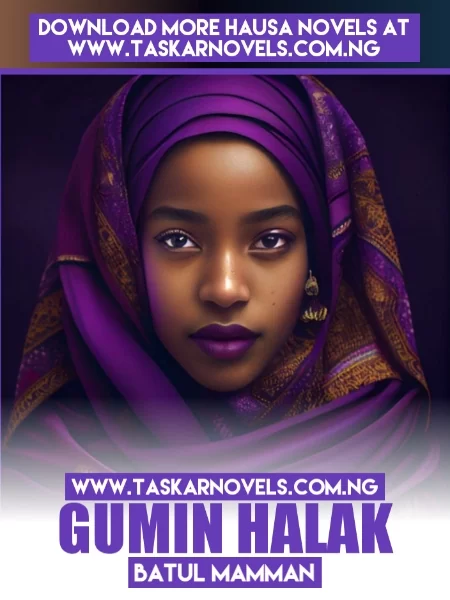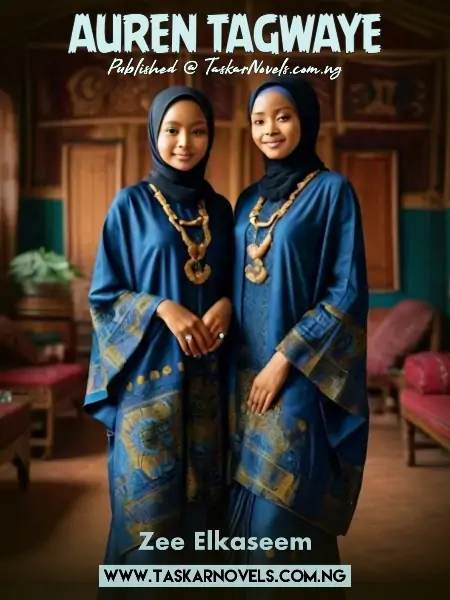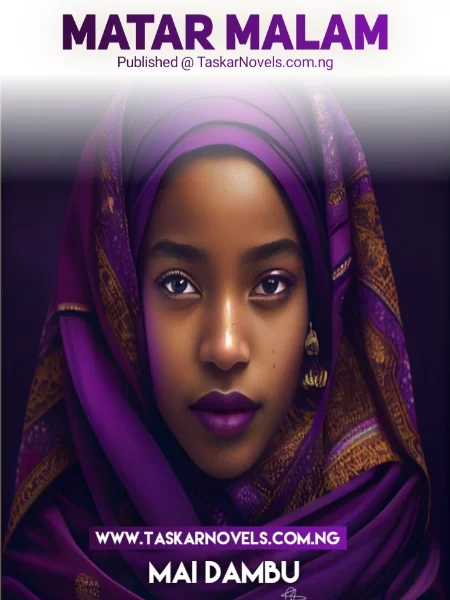
by Zeetarh yar mama ,
In a heart-wrenching scene at Aminu Kano Teaching Hospital, Ummu and Sumayya are gripped by despair as their sister Maryama, a frail 20-year-old battling sickle cell disease, lies in critical condition in the emergency ward. The family, refugees from Sokoto who lost everything to violence, faces a dire situation. Maryama needs three pints of blood urgently, but the cost—7,000 naira to donate and test or 60,000 naira to buy—overwhelms them. The doctor, a young man in white, delivers the news coldly, warning that without payment within three hours, Maryama may not survive. His dismissive attitude, accusing them of lying about their plight, stings deeply, and he exits abruptly.
Ummu collapses in tears, fearing the worst, while Sumayya, fiery and defiant, vows to find the money. Earlier, they had rushed Maryama to the hospital in a tricycle (napep), pleading with the driver, Mudi, for leniency on the 500-naira fare. With only 200 naira, Ummu begged for mercy, and a compassionate stranger, herself struggling, covered the remaining 300 naira. Now, in the waiting room, Sumayya’s determination surges. Ignoring Ummu’s cries to stay, she storms out, promising to secure the funds by any means necessary.
The narrative paints a stark picture of desperation, resilience, and systemic challenges. Maryama’s sickle cell crisis, exacerbated by her fragile state, mirrors the family’s broader struggle as displaced survivors. The hospital’s demand for payment upfront highlights the harsh realities of healthcare access for the poor in Nigeria. Sumayya’s resolve to save her sister, despite their dire circumstances, underscores a fierce familial bond and unyielding hope. The story leaves readers on edge, wondering if Sumayya can defy the odds to save Maryama, reflecting broader themes of survival, sacrifice, and the human cost of crises like those in Sokoto.
For blood donation requirements at Aminu Kano Teaching Hospital, donors must typically be healthy, aged 18–65, weigh at least 50 kg, and pass a hemoglobin test. Sickle cell patients like Maryama often require frequent transfusions, as noted in studies from the hospital, which stress the need for regular blood monitoring to manage anemia. Emergency financial assistance options in Nigeria are limited, but NGOs or local community groups may offer support, though no specific programs are detailed for Sokoto’s crisis victims.[](https://pubmed.ncbi.nlm.nih.gov/31282410/)

Batul Mamman

Khaleesat Haidar

Phartiemarhk


Zee Elkaseem

Unknown

Ummee Xee,Nabilancy Luv

Dr Xee-nice,Himlat

Zainab Dahiru Daura

Ummu Maher

Mai Dambu

Zaynerb Muhammad kabeer

by NoorEman

by Abdulaziz Sani Madakin Gini

by Jameela Jameey ƴar mutan Kankia

by Jamila Umar Tanko

by Husba'ahfama

by Nafisat Isma'il Lawal

by Bintou

by Fatima Alaramma F.M.Y

by Momyn Fareesa,Maman Fareesa

by Momyn Sadiq